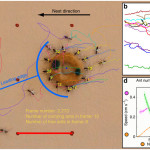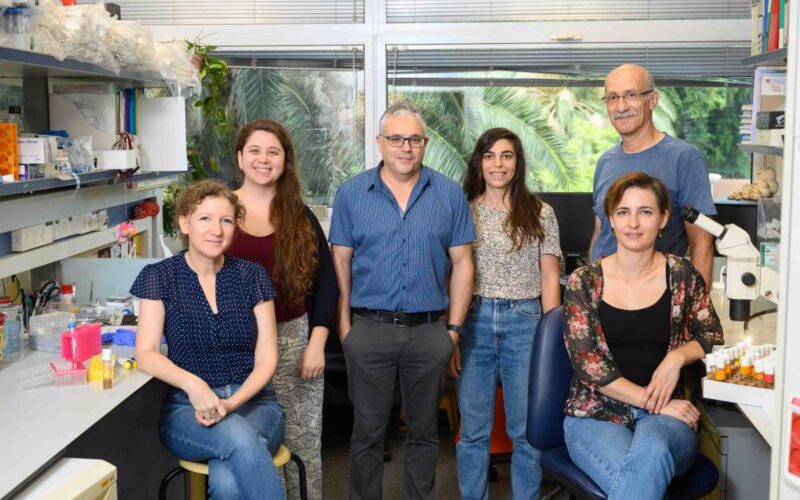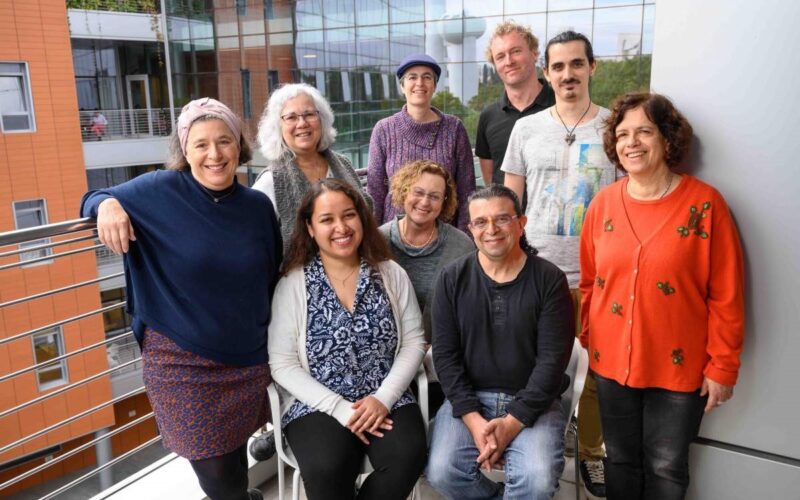
February 2, 2016
Your weight loss diet may be failing, not because you are doing something wrong, but because your body’s metabolism is not responding as anticipated.
Finally the evidence is here, revealed by Weizmann Institute of Science researchers, about something many have found in their bid to lose weight – they are following the diet but it’s just not working.
The research, which hit the headlines at the end of last year, was featured last week in a detailed special report in the Daily Mail, United Kingdom outlining the results and why dieters can sometimes be left so disenchanted.
For one week the Weizmann research team, led by Eran Segal and Eran Elinav, tracked the blood sugar levels of 800 people which showed that even if they all ate the same meal, how it was metabolised differed in each person. Overall the research supports the importance of personalised nutrition.
The key finding was that the glycemic index (GI) of food does not have a set value because it is all relative to the individual. The data collected was thorough – questionnaires, body measurements, blood tests, glucose monitoring, stool samples and a mobile-app which subjects would report their lifestyle and food intake. Over 46,898 meals were studied with volunteers receiving a few standardised and identical breakfasts.
Body mass index (BMI) was, as expected, also found to be associated with blood glucose levels after meals. Yet importantly, the data revealed that different people show vastly different responses to the same food, even though their individual responses did not change from one day to another.
“Most dietary recommendations that one can think of are based on one of these grading systems; however, what people didn’t highlight, or maybe they didn’t fully appreciate, is that there are profound differences between individuals – in some cases, individuals have opposite responses to one another, and this is really a big hole in the literature,” said Segal, of Weizmann’s Department of Computer Science and Applied Math.
According to Elinav of Weizmann’s Department of Immunology, measuring such a large cohort without any prejudice really enlightened them on how inaccurate all have been about one of the most basic concepts of our existence, which is what we eat and how we integrate nutrition into our daily life.
“In contrast to our current practices, tailoring diets to the individual may allow us to utilise nutrition as a means of controlling elevated blood sugar levels and its associated medical conditions,” concluded Elinav.
For further details see the media release at Eureka Alerts.
Photo from Daily Mail UK online






